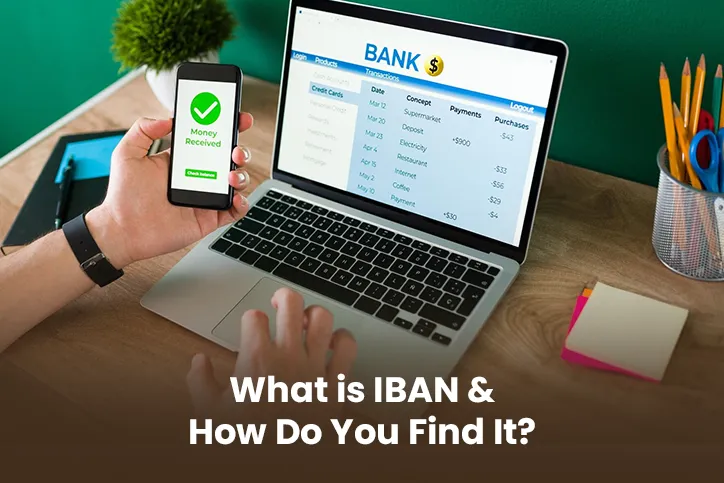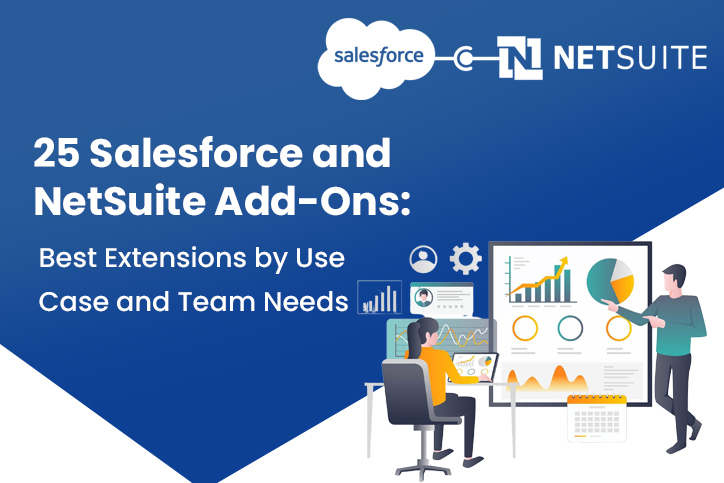Are you planning to expand your business beyond borders, to connect with clients worldwide? Well then you must have thought about ways to handle those international payments. So how are you going to ensure those payments reach the right bank and the correct account without any hiccups? The answer lies in IBAN – an essential tool for making smooth, error-free transactions. If you’ve ever used NetSuite Electronic Bank Payments, understanding IBANs becomes even more critical for handling payments like a pro. In this blog, we’ll
- take you through the world of IBANs,
- explore the difference between IBAN vs. SWIFT Code, and
- show you how to make the most of the netsuite iban formula from sort code and account number to set your business for smooth sailing in the world of international finance.
Let First Understand What is IBAN?
An IBAN (International Bank Account Number) is a unique code that makes sure your international payments go to the right place. It’s more than just a bank account number – it includes country codes, bank identifiers, and more, ensuring your payment gets to the right account without a hitch.
For instance, if you’re making a payment to a bank in Germany, you’ll need an IBAN that includes the country code ‘DE’ followed by the bank’s specific codes and the account number. With an IBAN, the chances of errors in cross-border transactions are significantly reduced, making it an essential tool for businesses operating globally.
How to Find Your IBAN?
Need to find your IBAN? It’s easy! Most banks provide IBANs on:
- Bank statements
- Online banking portals
- Direct requests to your bank
But what if you’re using NetSuite Electronic Bank Payments? You can also generate your IBAN through the netsuite iban formula from sort code and account number. This formula simplifies the process, ensuring that businesses, especially those handling a large volume of transactions, can streamline their payments without risking mistakes.
IBAN vs. SWIFT Code: What’s the Difference?
While both IBAN and SWIFT codes are used for international payments, they serve different purposes.
- IBAN: Focuses on identifying the specific bank account.
- SWIFT Code: Identifies the bank itself during international transactions.
Think of the IBAN as the account number, while the SWIFT code is the bank’s global identifier. Both are crucial for international payments, but understanding their distinct roles is key to avoiding errors.
Using NetSuite for International Payments
For businesses using NetSuite Electronic Bank Payments, handling international payments becomes much easier. With automated features like the NetSuite iban formula from sort code and account number, your transactions can be processed faster, with fewer errors. Here’s how NetSuite helps:
- Automated IBAN generation for accurate cross-border payments.
- SWIFT code management to ensure smooth international transactions.
- Compliance with global financial regulations.
If you’re looking for a reliable solution to manage your international financial operations, partnering with SoftArt Solutions, a leading NetSuite partner, can help you optimize your payment processes using Oracle NetSuite solutions.
Why Use NetSuite for International Payments?
As your business grows, so does the complexity of managing international payments. That’s where NetSuite Electronic Bank Payments come into play. From generating IBANs with the netsuite iban formula from sort code and account number to handling SWIFT codes for bank identification, NetSuite makes it easy to handle cross-border transactions without a hitch. Here’s why you should consider it:
- Seamless integration with existing business systems
- Enhanced accuracy in cross-border transactions
- Automated processes that reduce manual errors
- Comprehensive reporting to track international payments
Partnering with SoftArt Solutions, a trusted NetSuite partner, ensures that your business is always operating at peak efficiency, especially when it comes to handling global financial operations.
Conclusion
Understanding the intricacies of IBAN and SWIFT codes is essential for any business dealing with international transactions. With the right tools and features you can ensure that your cross-border payments are smooth, accurate, and efficient. Working with SoftArt Solutions can help you navigate these complexities and ensure your financial operations are optimized for global success. Ready to streamline your international payments with NetSuite? Let SoftArt Solutions help you optimize your financial operations with NetSuite Electronic Bank Payments today!
FAQs
What is an IBAN, and why do I need one?
Ans. An IBAN (International Bank Account Number) is a unique identifier for bank accounts used in international transactions. It ensures payments reach the correct account, minimizing errors.
How do I generate an IBAN using the NetSuite formula?
Ans. With NetSuite, you can generate an IBAN using the netsuite iban formula from sort code and account number, automating the process and reducing the risk of mistakes.
What’s the difference between an IBAN and a SWIFT code?
Ans. The IBAN identifies a specific account, while the SWIFT code identifies the bank during international transactions. Both are essential for successful cross-border payments.
Why should I use NetSuite for my international payments?
Ans. NetSuite Electronic Bank Payments automate the generation of IBANs and handling of SWIFT codes, ensuring accuracy and compliance in global transactions.
How can SoftArt Solutions help with my financial operations?
Ans. As a trusted NetSuite partner, SoftArt Solutions offers Oracle NetSuite solutions that help businesses manage international payments, optimize financial processes, and ensure compliance with global standards.









